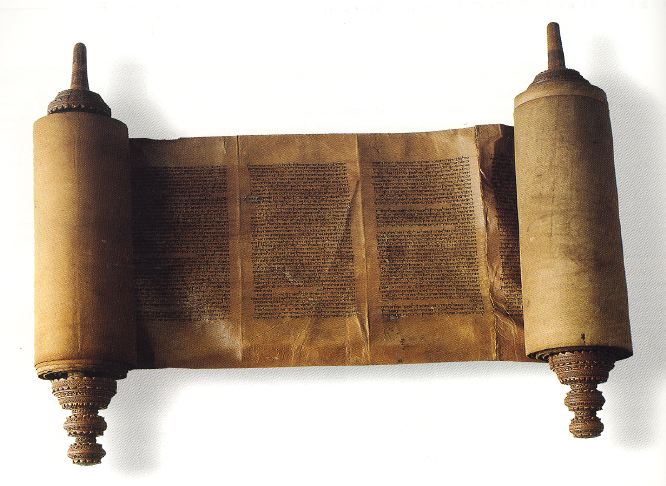That being justified by his grace, we should be made heirs according to the hope of eternal life.
Titus 3:7 (KJV)
Eternal – Think about all the times you read the word “eternal” in the New Testament. It probably showed up as “eternal life” for most of those times. We believe we have this gift of eternal life by the grace of Yeshua, and this belief provides hope, comfort, and peace.
Eternal life is the concept of paradise for… well… eternity. Once we get there, nothing could possibly ever change. It’s eternal. It’s for ever.
So much of our doctrine is based on this concept. Our faith is deeply rooted in the expression of eternal life and salvation. Most Judeo-Christian religions look to this time as the final rest. There will be no sorrow, no death, no struggles. We’ll have everything we could possibly need and we’ll rely heavily upon Yeshua for sustenance. Nothing will change – it’s eternal.
The Greek word here is aiōnios and means “eternal,” so it’s no wonder we think this way. But did you know this word is often used in the Septuagint (the Greek translation of the Old Testament) as well? In fact it’s most commonly used in relation to God and/or His covenants.
In relation to God:
And Abraham planted a grove in Beer–sheba, and called there on the name of the Lord, the everlasting God. (Genesis 21:33)
And in relation to His covenants:
Wherefore the children of Israel shall keep the sabbath, to observe the sabbath throughout their generations, for a perpetual covenant. (Exodus 31:16)
And the priest of his sons that is anointed in his stead shall offer it: it is a statute for ever unto the Lord; it shall be wholly burnt. (Leviticus 6:22)
One ordinance shall be both for you of the congregation, and also for the stranger that sojourneth with you, an ordinance for ever in your generations: as ye are, so shall the stranger be before the Lord. (Numbers 15:15)
Yet somehow Christianity preaches that while aiōnios means “eternal” when referencing God, it doesn’t really mean that when applied to His covenants or law.
The “eternal” nature of God’s covenants and laws somehow changed and ended with the advent of Yeshua. This teaching, when followed through, only weakens the concept of eternal life. I mean, if the eternal statutes somehow changed from being everlasting to finite, then how can we have confidence in the concept of eternal life? According to popular Christian teaching, eternal doesn’t really mean for ever.
Unless, get this, if the concept of aiōnios really does mean eternal, never ending, and His laws and statutes are still completely valid today as they were back then, then the concept of eternal life can still mean eternity as well. This understanding only strengthens the idea of everlasting salvation, or eternal life.

So in one case we might believe that the law and old covenants have changed from eternal to finite. This belief renders the concept of eternal life untrustworthy. If something that was deemed eternal can change to become finite, then this can happen with eternal life as well.
Or we believe that when God says “everlasting,” He means everlasting — forever. His laws and covenants are perfectly applicable and valid today. This belief brings true hope, comfort, and peace to the concept of eternal life.

Leave a Reply